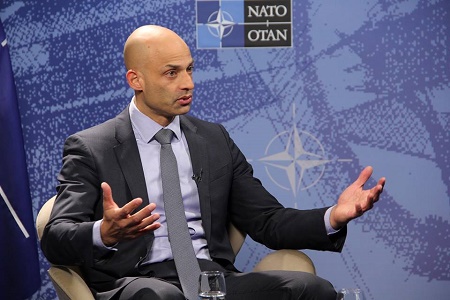
The trend of change and transition that rapidly started in many areas in Armenia after the April Revolution gives its place to a still process with Pashinian’s election as Prime Minister in the early elections. In internal affairs the period of reckoning with the mistakes of previous administrations is still in progress, but a process in the same way for external affairs has not started yet. Following the elections, the statements of the Armenian Foreign Minister that the peaceful resolution of the Nagorno-Karabakh conflict came before all other problems have not been fully met yet.[1] Moreover, Pashinian's visit to Brussels on March 4-5 shows that the so-called Nagorno-Karabakh administration was wanted to be included in the solution process as a party. However, this proposal is not an approved opinion, especially by Azerbaijan, by the EU and other international organizations. Johannes Hahn, in charge of the EU Neighborhood Policy and Enlargement Negotiations, said that Pashinian's initiative will create a more difficult situation rather than bring novelty.[2] On the other hand, the planned bilateral meeting between Aliyev and Pashinian has not yet become a regular format. In light of all these developments, the question of how Pashinian will bring a new vision to Armenia's foreign policy is becoming more controversial.
After the April Revolution, the Pashinian administration, which has experienced tense relations with Russia, launched its decision to send a humanitarian mission including soldiers and civilians to Syria. According to some Armenian analysts, this decision shows that Armenia is gambling in its foreign policy. They say that Armenia hopes to restore its relations with Russia by sending troops to Syria[3]. However it is seen that on the one hand the Pashinian administration seeks to develop its relations with Russia as a member of the CSTO, and on the other hand seeks to establish good relations with NATO.
In this respect, it is possible to say that the traditional foreign policy conception of balancing Russia with the West has continued during the Pashinian period. Pashinian revealed his intention to involve the EU and especially NATO in Armenian foreign policy issues at the NATO Summit in July 2018. As remembered, Pashinian stated that he expects the support of the EU and NATO for the resolution of Nagorno Karabakh issue at the Summit and in his in interview with Euronews afterwards. However, in the final resolution of the Summit, NATO's emphasis on the territorial integrity of the South Caucasus countries had created a contrast to what Pashinian wanted.[4]
However, despite this document, Armenia's desire of getting closer with NATO is not over. Regarding the course of the bilateral relations, the visit of James Appathurai, NATO's special Caucasus and Central Asia representative, to Armenia is remarkable because it will encourage this desire of Armenia for bilateral relations.
The details reflected in the Armenian press during the visit of Appathurai bring to mind the question of whether NATO has taken a decisive stance on Armenia. Thus, the fact that these statements of Appathurai are also mentioned in the internet information center established with the cooperation of NATO shows the possibility that it could be NATO's official attitude.[5]
Appathurai, who was in Armenia between March 11th to13th for the NATO week which was conducted with the support of the French Embassy in Armenia, attended a conference there and gave some clues about NATO's stance on Armenia's humanitarian mission in Syria and its stance on Nagorno-Karabakh issues. Appathurai expressed in the conference that NATO sees Armenia as a reliable partner.[6] Regarding the Armenian humanitarian mission in Syria, Appathurai preferred not to make any comments on the behalf of NATO and he said that he had listened to the official arguments of Armenia. He told that NATO would not react to this situation anytime soon. However, it is possible to read the fact that NATO's special representative has not shown a definite attitude on this mission, to which the United States and many NATO member countries have reacted to, as a tacit acceptance by NATO. The silence of NATO, to which Turkey is a member of, against that move of Armenia, which is a CSTO member, created a situation that might lead to questioning the solidarity and unity in the alliance. This mission of Armenia contradicts its activities in Nagorno-Karabakh in respect of NATO’s understanding that “The responsibility for stabilization and restructuring should be optimally taken over by actors with the necessary knowledge, competence and ability in these matters”.
Armenia’s arguments in front of the NATO and the EU focus on emphasis to a “democratic Armenia that contributes to international peace.” However, the fact that Nagorno-Karabakh and the surrounding regions are occupied by Armenia leads to the questioning of the accuracy of this argument. On the other hand, Appathurai expressed that the bilateral negotiation process and the peaceful resolution was supported on the Nagorno-Karabakh issue. This shows that NATO wants to remain out of this issue; while on the other hand, NATO is being drawn into the issue.
Failure to demonstrate a clear position against the activities of Armenia in Syria closely concerns the relations between NATO and Turkey which is a member of the pact. On the other hand, the possibility that NATO may get involved into the Nagorno-Karabakh conflict, creates a questionable situation on both Azerbaijan’s and Turkey’s side.
[1] Şirin Payzın, “Ermenistan'da yeni bir sayfa: ‘Devrim değil evrim’,” T24, https://t24.com.tr/yazarlar/sirin-payzin/ermenistanda-yeni-bir-sayfa-devrim-degil-evrim,21036.
[2] “EU rejects Pashinyan's ideas to impede Karabakh talks,” Vestnik Kavkaza, http://vestnikkavkaza.net/news/EU-rejects-Pashinyan-s-ideas-to-impede-Karabakh-talks.html.
[3] Eduard Abrahamyan, “Understanding Armenia’s Syrian Gamble,” https://jamestown.org/program/understanding-armenias-syrian-gamble/
[4] Tutku Dilaver, “Batı İle Rusya Arasında Ermenistan’ın Reelpolitik Arayışı,” AVİM, https://avim.org.tr/tr/Analiz/BATI-ILE-RUSYA-ARASINDA-ERMENISTAN-IN-REELPOLITIK-ARAYISI.
[5] “No ‘political obstacles’ to Armenia-NATO ties, says James Appathurai,” NATOinfo, http://www.natoinfo.am/en/news/308/
[6] “NATO hails Armenia as "a stable and reliable partner," PanArmenian, http://www.panarmenian.net/eng/news/266330/
© 2009-2025 Center for Eurasian Studies (AVİM) All Rights Reserved
No comments yet.
-
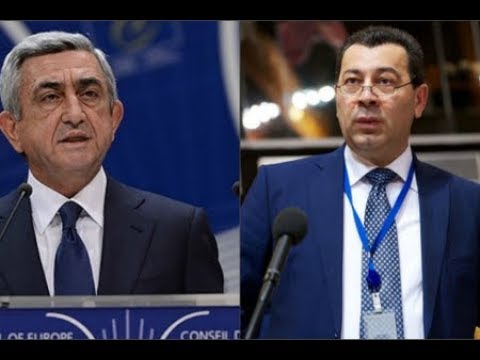 THE SPEECH OF ARMENIA’S PRESIDENT AT THE PARLIAMENTARY ASSEMBLY OF COUNCIL OF EUROPE
THE SPEECH OF ARMENIA’S PRESIDENT AT THE PARLIAMENTARY ASSEMBLY OF COUNCIL OF EUROPE
Tutku DİLAVER 06.02.2018 -
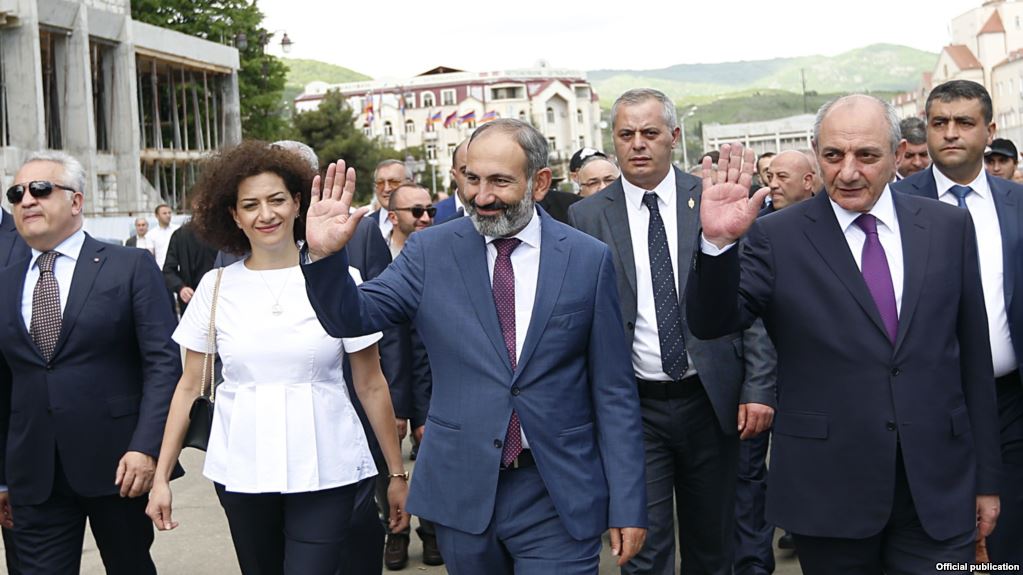 ARMENIA’S PRIME MINISTER HAS CHANGED BUT THE LANGUAGE IS THE SAME
ARMENIA’S PRIME MINISTER HAS CHANGED BUT THE LANGUAGE IS THE SAME
Tutku DİLAVER 17.05.2018 -
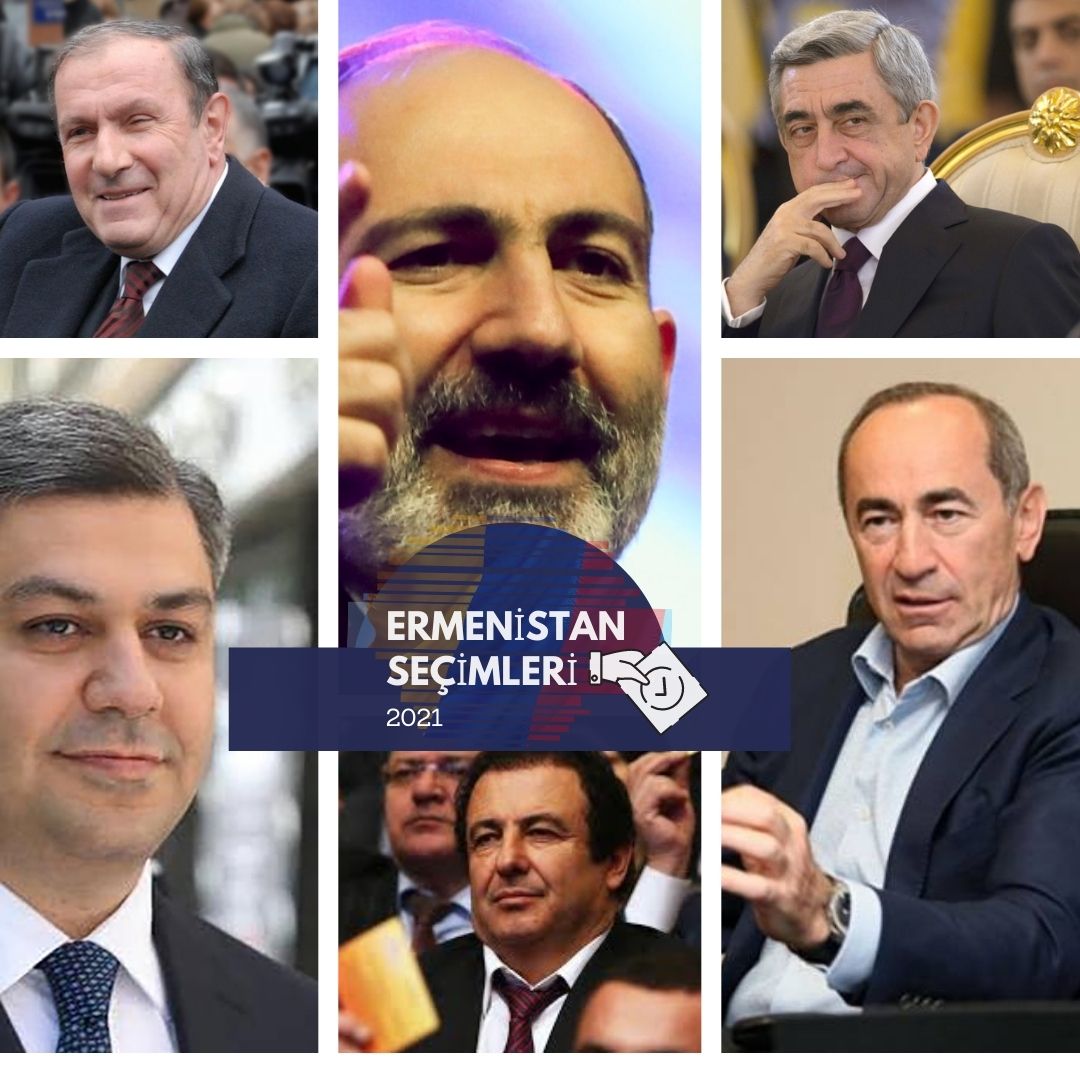 APPROACHING EARLY ELECTIONS IN ARMENIA
APPROACHING EARLY ELECTIONS IN ARMENIA
Tutku DİLAVER 18.06.2021 -
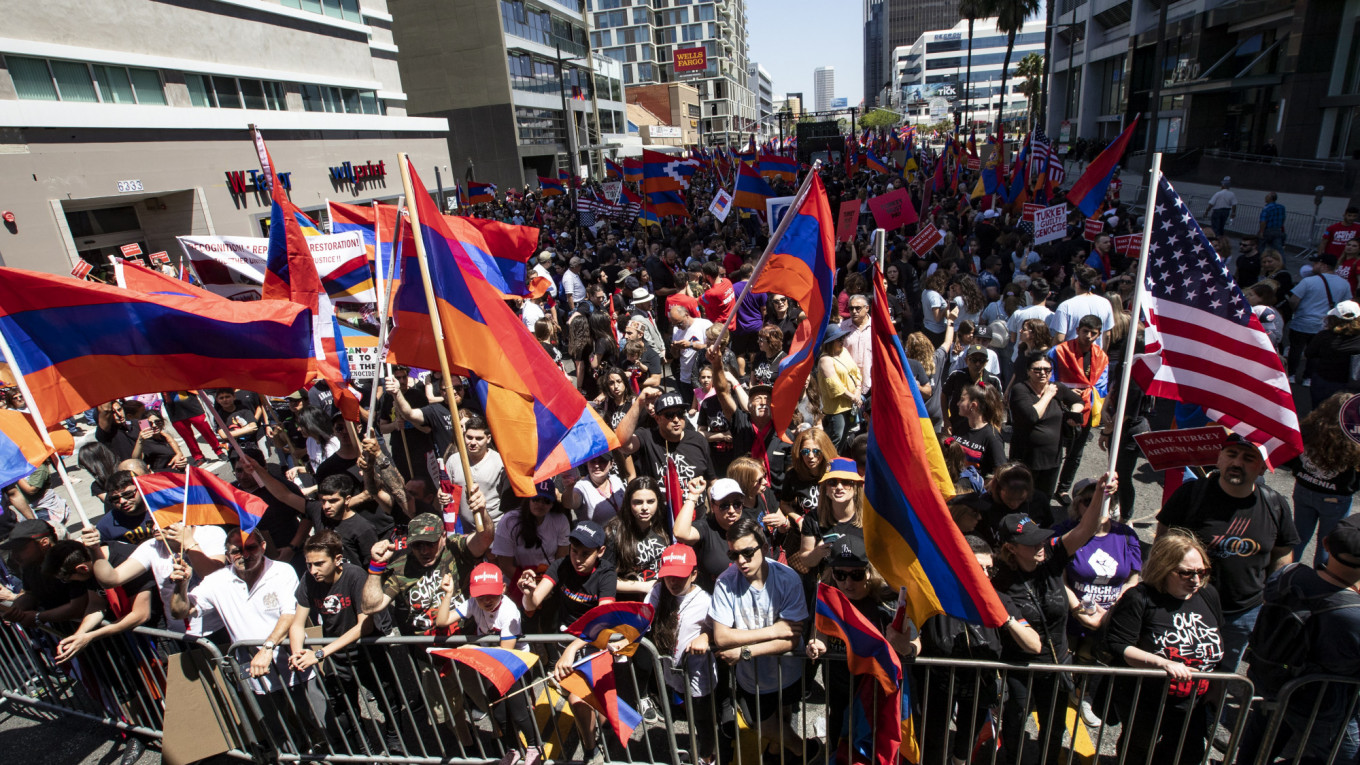 WHERE IS THE SOURCE OF THE POLICIES THAT PREVENT NORMALIZATION IN TURKISH-ARMENIAN RELATIONS?
WHERE IS THE SOURCE OF THE POLICIES THAT PREVENT NORMALIZATION IN TURKISH-ARMENIAN RELATIONS?
Tutku DİLAVER 27.04.2021 -
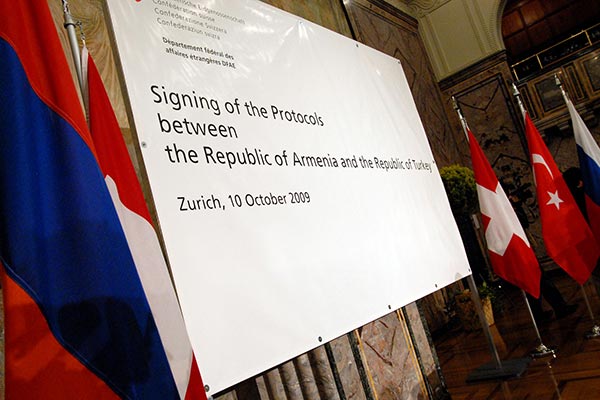 THE ZURICH PROTOCOLS AND DIASPORA
THE ZURICH PROTOCOLS AND DIASPORA
Tutku DİLAVER 21.03.2018
-
 WHERE IS THE NOVELTY IN ARMENIA’S FOREIGN POLICY?
WHERE IS THE NOVELTY IN ARMENIA’S FOREIGN POLICY?
Tutku DİLAVER 11.04.2019 -
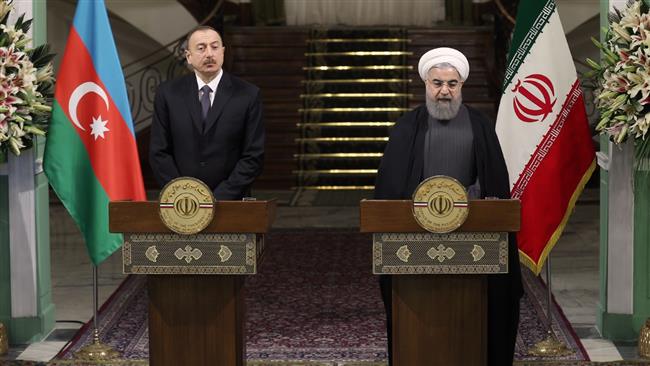 PRESIDENT ALIYEV’S VISIT TO IRAN AND ASTARA RAILWAY
PRESIDENT ALIYEV’S VISIT TO IRAN AND ASTARA RAILWAY
Özge Nur ÖĞÜTCÜ 17.03.2017 -
 PASHINYAN CALLS ON ARMENIAN DIASPORA TO BEHAVE RESPONSIBLY
PASHINYAN CALLS ON ARMENIAN DIASPORA TO BEHAVE RESPONSIBLY
Turgut Kerem TUNCEL 04.10.2024 -
FRANCE AND THE ARMENIAN GENOCIDE ALLEGATIONS (II)
Ömer Engin LÜTEM 23.01.2011 -
BOOK LAUNCH - “AZA BEAST - ATTACKING THE ROOTS OF WAR”
AVİM 21.10.2013
-
25.01.2016
THE ARMENIAN QUESTION - BASIC KNOWLEDGE AND DOCUMENTATION -
12.06.2024
THE TRUTH WILL OUT -
27.03.2023
RADİKAL ERMENİ UNSURLARCA GERÇEKLEŞTİRİLEN MEZALİMLER VE VANDALİZM -
17.03.2023
PATRIOTISM PERVERTED -
23.02.2023
MEN ARE LIKE THAT -
03.02.2023
BAKÜ-TİFLİS-CEYHAN BORU HATTININ YAŞANAN TARİHİ -
16.12.2022
INTERNATIONAL SCHOLARS ON THE EVENTS OF 1915 -
07.12.2022
FAKE PHOTOS AND THE ARMENIAN PROPAGANDA -
07.12.2022
ERMENİ PROPAGANDASI VE SAHTE RESİMLER -
01.01.2022
A Letter From Japan - Strategically Mum: The Silence of the Armenians -
01.01.2022
Japonya'dan Bir Mektup - Stratejik Suskunluk: Ermenilerin Sessizliği -
03.06.2020
Anastas Mikoyan: Confessions of an Armenian Bolshevik -
08.04.2020
Sovyet Sonrası Ukrayna’da Devlet, Toplum ve Siyaset - Değişen Dinamikler, Dönüşen Kimlikler -
12.06.2018
Ermeni Sorunuyla İlgili İngiliz Belgeleri (1912-1923) - British Documents on Armenian Question (1912-1923) -
02.12.2016
Turkish-Russian Academics: A Historical Study on the Caucasus -
01.07.2016
Gürcistan'daki Müslüman Topluluklar: Azınlık Hakları, Kimlik, Siyaset -
10.03.2016
Armenian Diaspora: Diaspora, State and the Imagination of the Republic of Armenia -
24.01.2016
ERMENİ SORUNU - TEMEL BİLGİ VE BELGELER (2. BASKI)
-
AVİM Conference Hall 24.01.2023
CONFERENCE TITLED “HUNGARY’S PERSPECTIVES ON THE TURKIC WORLD"









